Grapeseed Oil For Skin: Benefits, How To Use It, & Side Effects
The oil is finding its way into cosmetics and skin care routines for all the right reasons.
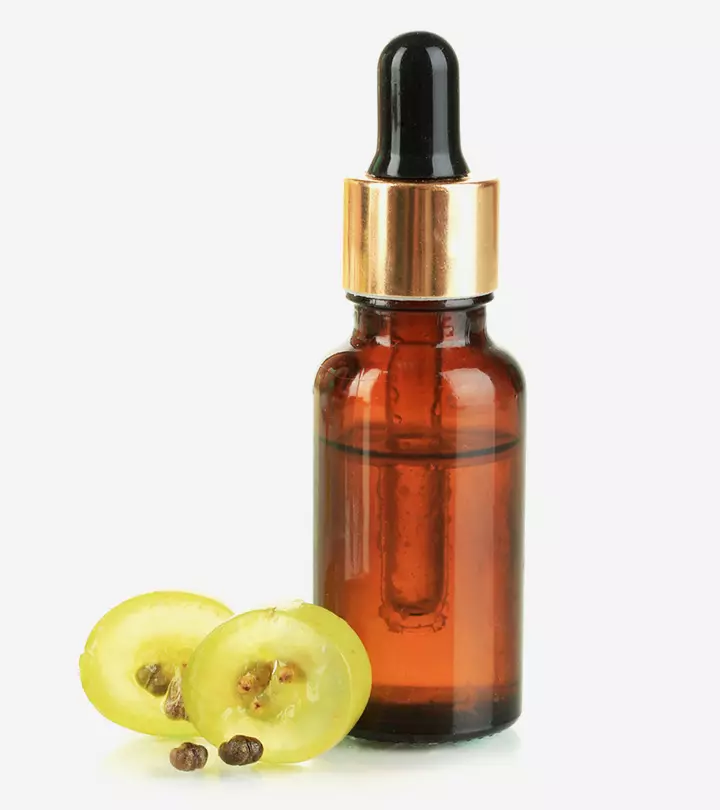
The use of grapeseed oil for skin care has become quite popular in recent years. This oil contains many beneficial compounds that treat a variety of skin problems.
Grapeseed oil aids in treating acne and may also help minimize the signs of premature aging. It even protects the skin from free radical damage. In this article, we go through the skin benefits of grapeseed oil, how to use it, and possible adverse effects. Keep reading!
In This Article
Grapeseed Oil For Skin: Benefits And Uses
When we talk about various carrier oils and their benefits then Grapeseed oil tops the chart. Grapeseed oil suits every skin type, including those with sensitive skin. It helps moisturize your skin, helps fight acne marks, limits sun damage, and may tighten the skin.
Using it in your skincare regimen regularly may help you achieve your desired skin goals. The oil is extremely lightweight and penetrates the skin easily. It is enriched with the goodness of vitamin E and omega fatty acids. It also has antimicrobial and anti-inflammatory properties and is a popular choice in skincare formulations (1). The oil is also rich in polyphenolic compounds like proanthocyanidins that further promote skin health (1).
A YouTuber provides a comprehensive review of premium grapeseed oil after a month of personal usage. Delving into the benefits of skin care, she emphasizes its efficacy in reducing acne, blackheads, and scars. As she aptly puts it, “I have noticed a huge improvement in my skin my blackheads on my nose are pretty much gone. I have also noticed a slight skin tightening (i).”
 Trivia
TriviaLet us now look at the benefits of grapeseed oil for skin in greater detail.
Key Takeaways
- Grapeseed oil is suitable for all skin types, including sensitive skin.
- It helps manage acne, reduces redness and marks, and increases collagen production.
- It contains vitamin E, phenolic compounds, and omega-6 fatty acids.
- However, people with blood conditions or those on blood-thinning medications should avoid ingesting grapeseed oil.
Benefits Of Grapeseed Oil For Your Skin
1. May Help Fight Acne
Acne occurs when skin gets clogged with sweat, dirt, and oil. It is more prevalent in those with oily skin. Grapeseed oil contains linoleic acid. It may repair the skin’s natural barrier and reduce the extent of water loss (1). The skin may recover from acne sooner when its natural barrier is strong. However, more research is warranted in this regard.
2. May Reduce Redness
The linoleic acid in grapeseed oil also offers anti-inflammatory properties. The oil helps soothe inflamed skin (2).
3. May Reduce Acne Marks
The antioxidants, vitamins, minerals, and fatty acids in grapeseed oil may help lighten acne marks and fade scars. The oil may also accelerate the wound healing process (3).
4. May Improve Skin Firmness And Hydration
The fatty acids in the oil enhance skin moisture levels. They also improve skin smoothness and texture. The vitamin E in the oil may firm the skin and also delay the signs of aging (1).
5. May Boost Collagen Production
The proanthocyanidins in grapeseed oil may promote collagen production. They also may help with wound contraction and healing (4). However, more research is warranted in this regard.
6. May Cleanse Skin Deeply
The anti-microbial properties of grapeseed oil help cleanse skin deeply. This cleansing action of the oil can also be attributed to its phenolic compounds (1).
7. Protects Skin From Free Radical Damage
The vitamins and polyphenols in grapeseed oil offer antioxidant action. This added antioxidant activity protects the skin from damage due to free radicals and other environmental aggressors (1).
8. Fights Hyperpigmentation
The antioxidants in grapeseed oil may help fight skin damage and reduce hyperpigmentation. They also may even out the skin tone. However, more information is warranted to further understand the mechanism of grapeseed oil in this regard.
The benefits of grapeseed oil can be attributed to its nutritional content. We will explore the same in the following section.
9. May Improve Skin Elasticity
Grapeseed oil, rich in antioxidants and essential fatty acids, is renowned for improving skin elasticity. Its potent combination of linoleic acid and proanthocyanidins aids in collagen synthesis, promoting skin firmness and flexibility. Regular application of grapeseed oil helps combat the signs of aging, reducing the appearance of fine lines and wrinkles. This lightweight oil also gets quickly absorbed, which makes it an excellent natural remedy for enhancing skin elasticity and maintaining a youthful complexion (5).
10. May Make The Skin Softer
Grapeseed oil has emollient properties that can contribute to softer skin. It absorbs easily when applied topically, moisturizing and nourishing the skin without leaving a greasy residue. Regular use of this oil reduces dryness and promotes a smoother skin texture, making grapeseed oil a natural and effective option for softening the skin (5).
Nutritional Information
Grapeseed oil is rich in fats in the form of omega-6 fatty acids. It also contains vitamin E and phenolic compounds that exhibit antioxidant properties. These include carotenoids, flavonoids, and tannins, among other antioxidants (6).
It is this particular composition of nutrients that gives grapeseed oil its benefits. There is no specific study to indicate the form grapeseed oil must be consumed in. Hence, the topical application of the oil on the face is just as popular as its oral consumption.
In the upcoming section, we will find out how best you can apply grapeseed oil to your skin to achieve results.
How Do You Use It?
Grapeseed oil can be used either as a standalone product or in combination with other cosmetic products. Cold-pressed grapeseed oil is ideal as it retains many of its beneficial properties despite the extraction process.
You may use grapeseed oil at night or in the morning. However, remember that, like any oil-based product, grapeseed oil would be the last step in your skincare routine.
Here is a sample skincare routine you can follow:
- Start by cleaning your face with a gentle cleanser.
- Pat your face dry and apply any water-based serum to your skin. Alternatively, you also can apply any oil-based serum containing grapeseed oil.
- Allow the serum to get absorbed completely and apply a moisturizer to your face.
- Top your skin with a few drops of pure grapeseed oil.
- End with a layer of sunscreen if you are following this routine in the morning.
You may even want to mix a few drops of grapeseed oil with your moisturizer or lotions for use on your face or body.
But before you start using the oil, you must be aware of its potential side effects.
Are There Side Effects And Risks?
As long as you are not allergic to grapes, there is no reason you should not try grapeseed oil.
However, if you are using it for the first time, perform a patch test prior to check for any adverse reactions. Apply the oil to your wrists or ankles and observe for 24 hours. Check for any allergic reactions.
Oral intake of grapeseed oil may be unsafe for people with certain blood conditions and those on blood-thinning medications (7). The impact of oil intake on breastfeeding and pregnant women is yet to be understood. Hence, stay safe and avoid use.
People use grapeseed oil for skin-related issues because of the various benefits to the skin. It helps fight acne, repairs the skin’s natural barrier, soothes inflamed skin, reduces acne issues, delays the signs of aging, improves skin smoothness, and promotes collagen production.
 Pro Tip
Pro TipYou can use it as moisturizing oil for topical application or consume it orally as a supplement. Besides the skin, grapeseed oil for hair is also very popular for topical use due to its many nourishing benefits, as it helps in fighting dandruff and provides deep conditioning. However, oral consumption of grapeseed oil may not be recommended for people with certain medications and blood conditions. Also, it is best to perform a patch test before you apply it topically.
Frequently Asked Questions
Does grapeseed oil clog your pores?
No. Grapeseed oil is non-comedogenic and doesn’t clog your pores.
Is grapeseed oil or avocado oil better for the skin?
It depends on your skin goals. While avocado oil may help beat premature aging, grapeseed oil is known to brighten discolored skin.
How long does grapeseed oil take to tighten skin?
It depends on your skin type and condition. Grapeseed oil may take weeks or months to show results in terms of skin tightening.
Is grapeseed oil good for age spots?
Though the potency of grapeseed oil on age spots needs more scientific studies, its polyphenols may help fight premature aging and other related concerns like fine lines and wrinkles.
Can I mix grapeseed oil with essential oils?
Yes. Grapeseed oil is lightweight and easily absorbed into the skin. Thus, it is a good carrier oil that can be used with essential oils.
Can you leave grapeseed oil in the hair overnight?
Yes. It is safe to leave grapeseed oil in the hair overnight. The oil works as a deep conditioning treatment.
Unlock the transformative powers of grapeseed oil with this expert video guide. From nourishing skin and hair to fighting aging signs, discover the natural wonders of this versatile oil. Watch this video now!
Personal Experience: Source
StyleCraze's articles are interwoven with authentic personal narratives that provide depth and resonance to our content. Below are the sources of the personal accounts referenced in this article.
(i) Grapeseed Oil: Skincare Saturdayhttps://www.youtube.com/watch?v=gQefdToNHHw
References
Articles on StyleCraze are backed by verified information from peer-reviewed and academic research papers, reputed organizations, research institutions, and medical associations to ensure accuracy and relevance. Read our editorial policy to learn more.
- Grape (Vitis vinifera L.) Seed Oil: A Functional Food from the Winemaking Industry
https://www.ncbi.nlm.nih.gov/pmc/articles/PMC7599587/ - A Topical Anti-inflammatory Healing Regimen Utilizing Conjugated Linolenic Acid for Use Post-ablative Laser Resurfacing of the Face: A Randomized, Controlled Trial
https://pubmed.ncbi.nlm.nih.gov/29344315/ - Oligomeric Procyanidins (OPCs) Inhibit Procollagen Type I Secretion of Fibroblasts
https://link.springer.com/article/10.1007/s13770-017-0038-1 - The Topical Effect of Grape Seed Extract 2% Cream on Surgery Wound Healing
https://www.ccsenet.org/journal/index.php/gjhs/article/view/40015 - Effects of a grapeseed oil (Vitis vinifera L.) loaded dermocosmetic nanoemulgel on biophysical parameters of facial skin: A split-face, blinded, placebo-controlled study
https://pubmed.ncbi.nlm.nih.gov/35713012/ - Historical Record: Grapeseed oil
https://fdc.nal.usda.gov/fdc-app.html#/food-details/490384/nutrients - Grape Seed Extract
https://www.nccih.nih.gov/health/grape-seed-extract
Read full bio of Dr. Priya Gill
Read full bio of Arshiya Syeda
Read full bio of Ramona Sinha
Read full bio of Swathi E





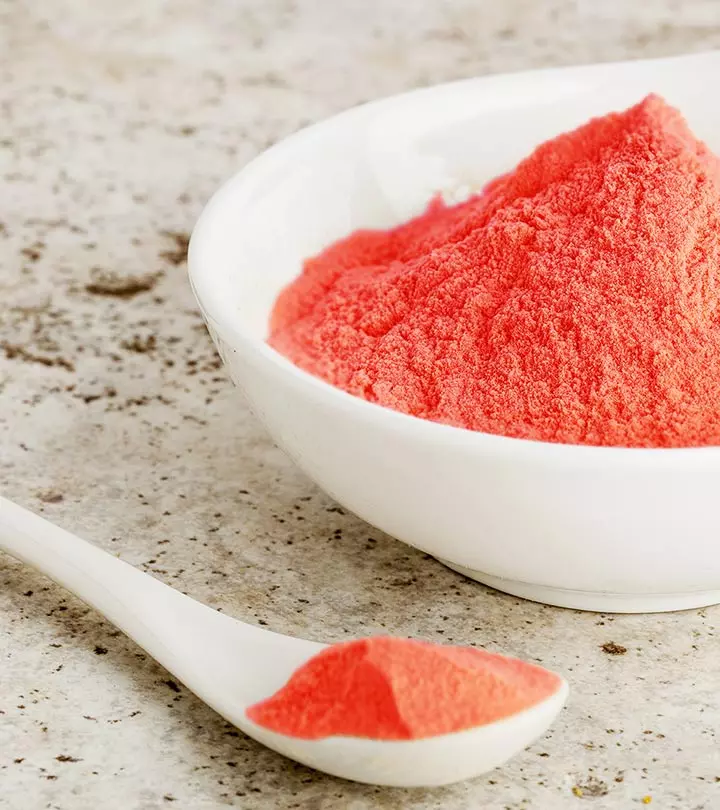


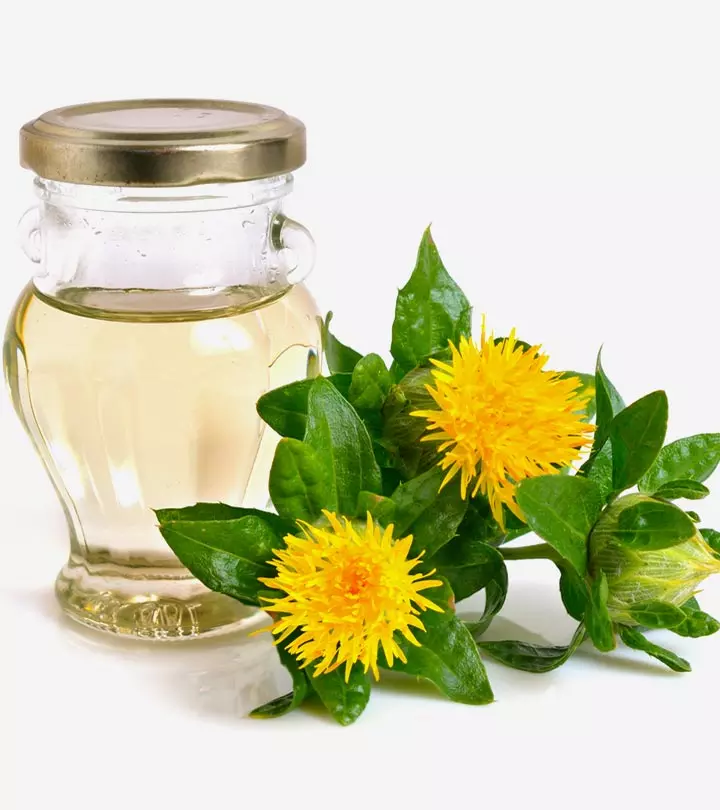


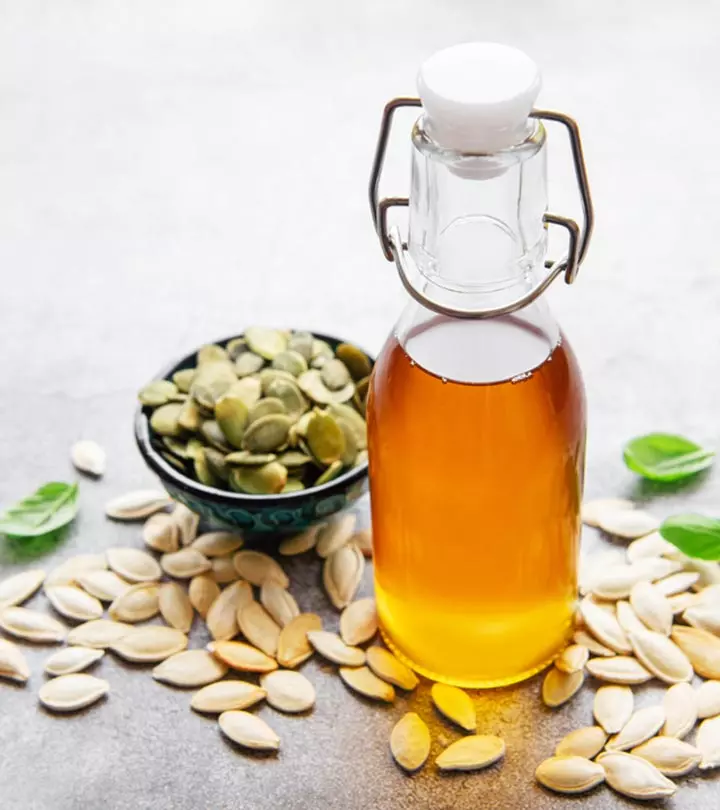
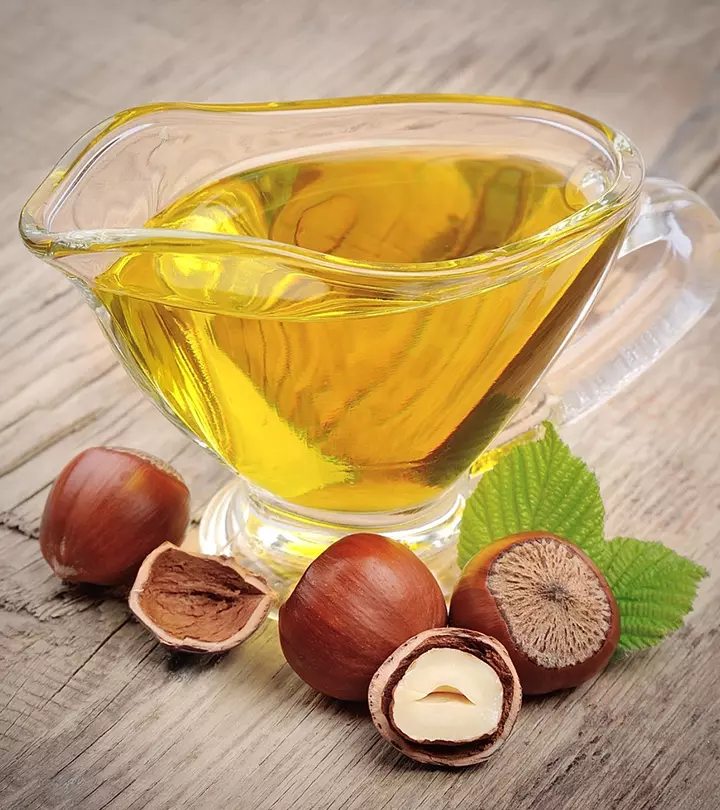



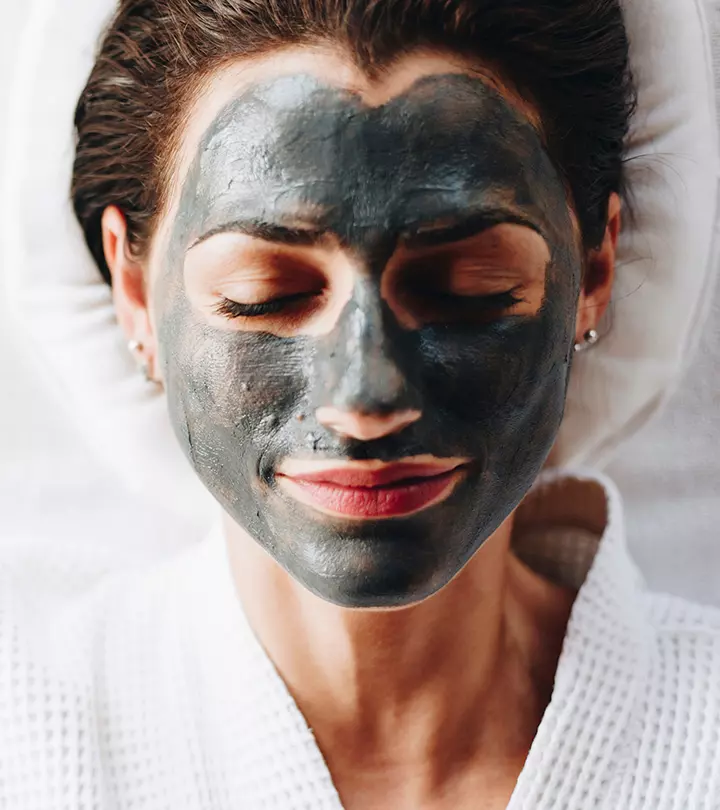
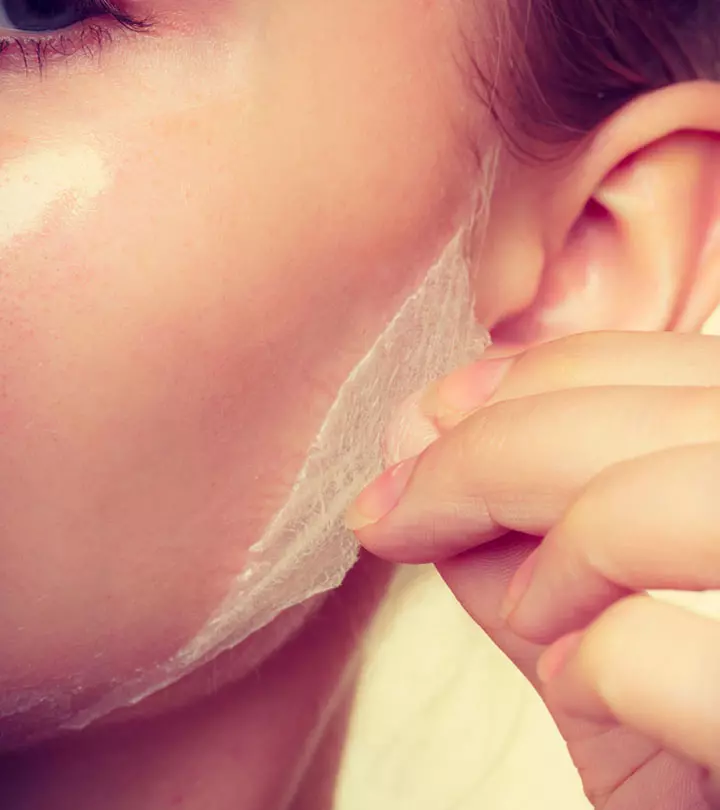
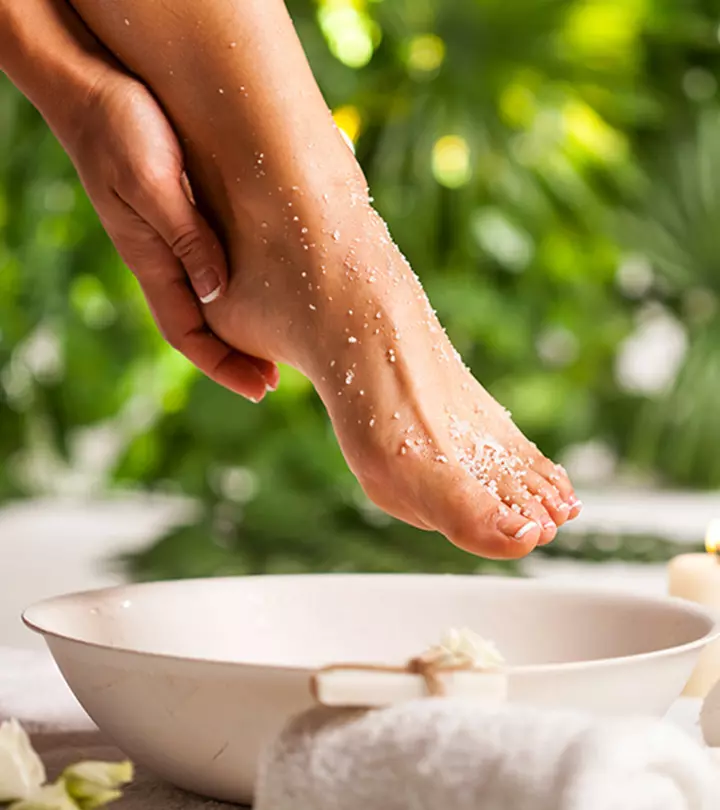
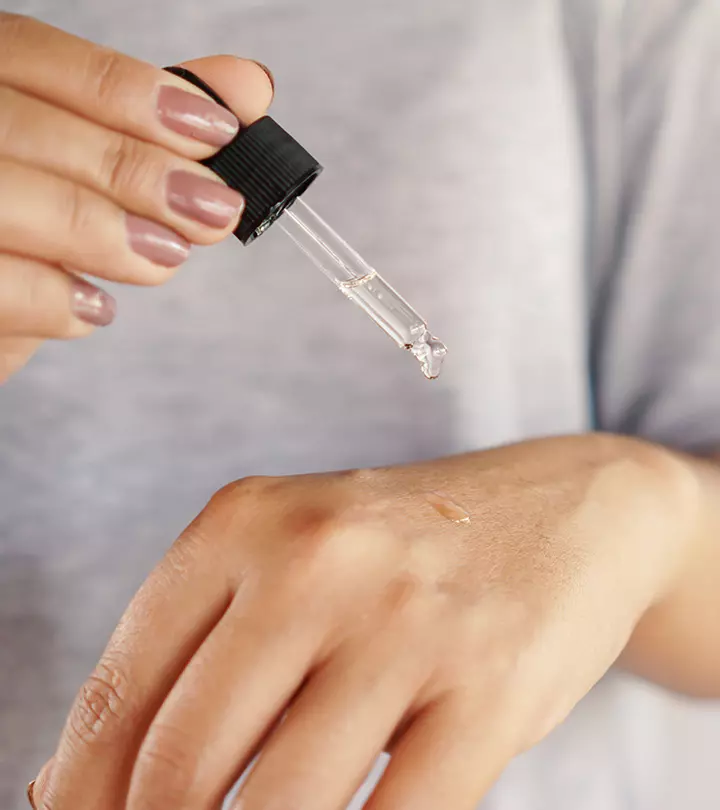



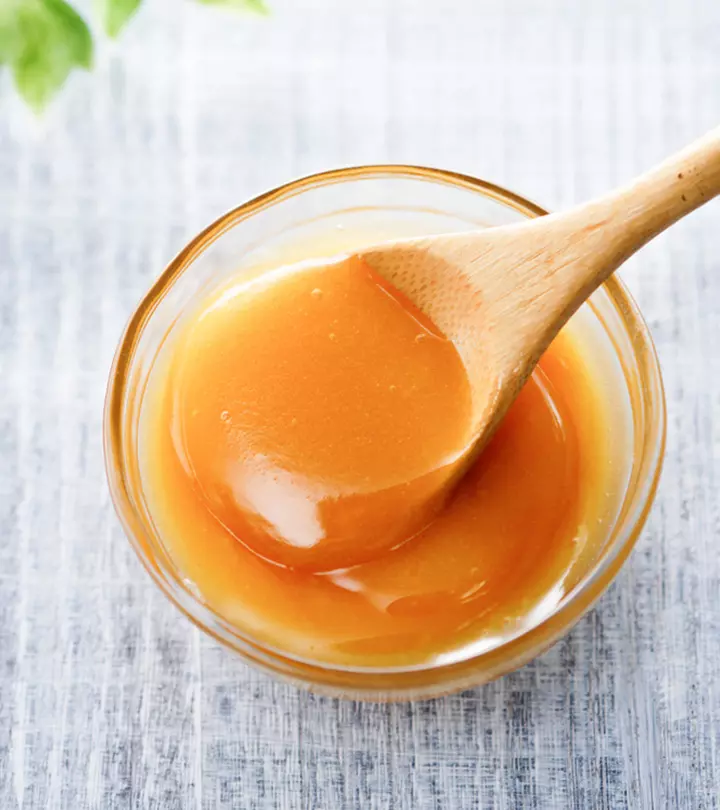

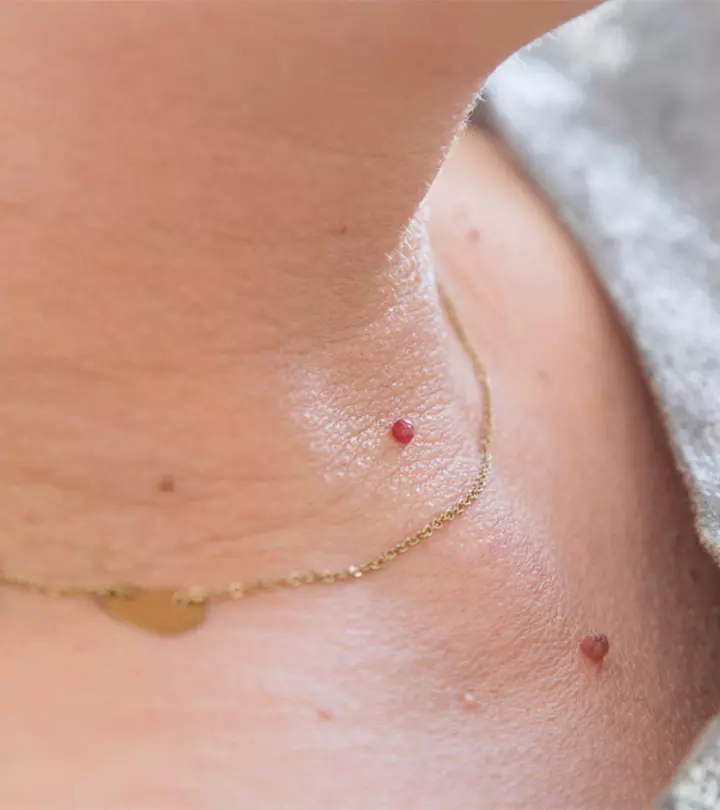
Community Experiences
Join the conversation and become a part of our empowering community! Share your stories, experiences, and insights to connect with other beauty, lifestyle, and health enthusiasts.